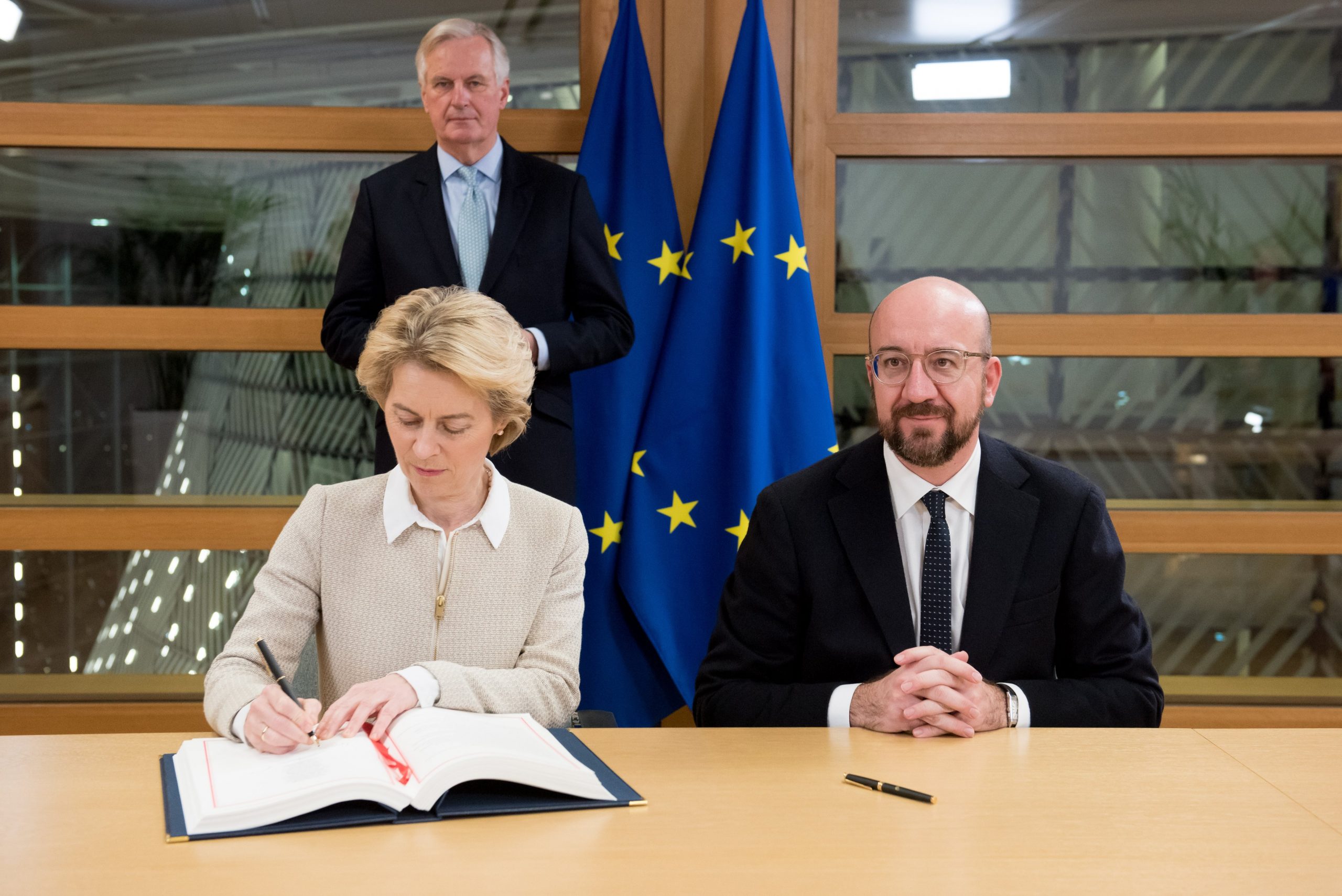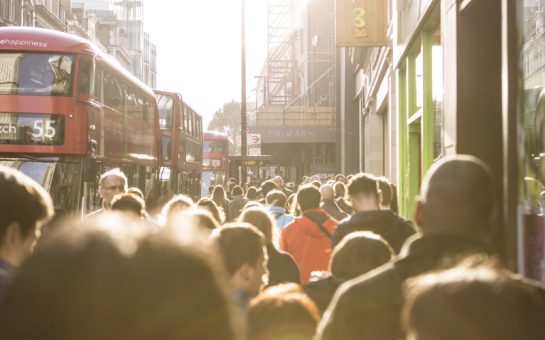By Ronan Barnard
January 27 2020, 13.00
Follow @SW_Londoner
Britain’s EU Withdrawal Agreement came under fire from London’s Irish community because of fear it could disrupt their lives.
Irish nationals living in London expressed fear the agreement could cause deportations for immigrants and would harm Irish businesses operating in the UK.

EU Commission President Ursula von der Leyen said in Dublin last week: “There is almost no other country in the European Union that is more affected by [Brexit] than Ireland.”
The UK’s Withdrawal Agreement was signed on Friday by the heads of the EU Council and Commission before the EU Parliament votes on it on Wednesday.
The Northern Irish Assembly formally withheld consent from the bill on Monday, partly due to concerns for immigrants from the Republic of Ireland and customs checks between Britain and Ireland.
Under the Withdrawal Agreement, EU citizens can apply to remain in the UK by the June 30th 2021, although no priority has been given to EU citizens who have lived in the UK for most of their lives.
There were approximately 358,000 Irish immigrants in the UK according to the Office for National Statistics, making it the fifth most common country of origin for UK immigrants.
London Irish community leader Clodagh Corcoran feels older Irish citizens could be deported to Ireland where they have little support.
She said: “I’m worried about being sent back after 60 years of living here.
“From the point of view of the Irish, there is nothing to be gained for us.”
An estimated 42% of the UK Irish-born population is over 65, and are likely to have lived in the UK for the majority of their life.
The median age was 52 for people recorded as ‘White Irish’ in the last UK census in 2011, higher than ‘White British’ (42) or ‘Indian’ (32).
Trade data from the Irish government shows Ireland’s economy could be damaged if Brexit changes the UK’s trade deal with the EU.
British Irish Chamber of Commerce head of Brexit policy Katie Daughen said: “Any move away from the status quo is likely to have a negative impact on trade.
“We still do not know what the final outcome of Brexit might be.”
Border checks between Ireland and the EU could obstruct trade of time-sensitive goods, such as meat, fish and dairy.
Customs charges could also disrupt trade in heavy expensive goods, such as electronics and machinery.
Food, electronics, and machinery make up almost half of Ireland’s trade with the United Kingdom, according to Ireland’s Central Statistics Office.
Brexit would also affect non-UK trade, as 53% of Irish exports to other EU countries travel through the UK, according to the Economic & Social Research Institute.
Some 8.9% of Ireland’s exports and 22% of Ireland’s imports were traded between the UK and Ireland in September 2019, according to the Central Statistics Office.
According to consultancy firm Copenhagen Economics, Ireland’s GDP would be 7% lower by 2030 if trade between Ireland and the UK was regulated under WTO rules than if the UK remained an EU member.
If the UK remained in the European Economic Area after leaving the EU, Ireland’s GDP would still be 2.8% lower than if the UK remained an EU Member.




